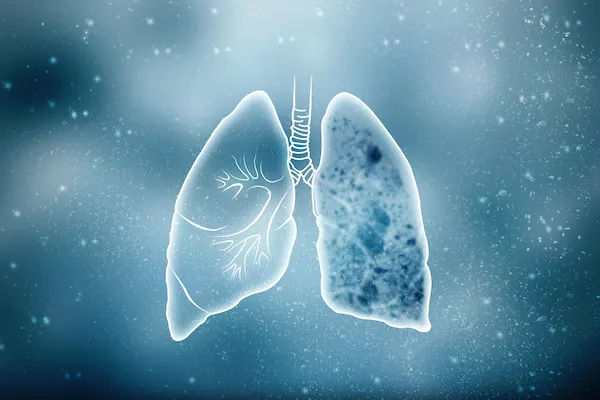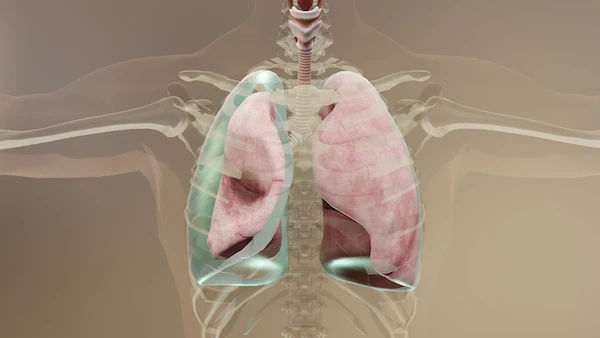- Female
- 27 Years
- 29/01/2025
I recently had a checkup at Fortis Hospital and the chest X-ray showed tiny calcifications in the left mid-zone of my chest. Is this something I should be worried about?
Answered by 1 Apollo Doctors
Thats unusual,if you have no symptoms ,no need to worry have a regular follow up with your doctor
Dr. Mubarak Suggests...
Consult a Pulmonology Respiratory Medicine Specialist
Answered 04/07/2025
0
0

More Pulmonology/ Respiratory Medicine Health Queries
View allI'm really concerned about my mom. She's dealing with ILD, and her cardiologist prescribed Existing AV 75 to help manage her high blood pressure. I'm worried about how this might affect her lungs. Is it safe for her to take this medication? Would love some insight on this.
yes
Answered by 1 Apollo Doctors
I'm 23 and have had issues with bronchitis in the past. I used to rely on an Asthaline inhaler whenever I felt breathless. A few months ago, I went to a different doctor who gave me Formonide 200, and I found it worked way better than Asthaline. I haven't needed Asthaline since I started using Formonide, but yesterday I needed it again and it didn't give me long-term relief. I'm curious about why Asthaline isn't as effective anymore and if I should stick with Formonide or consider something else. What do you think?
It seems that your bronchitis symptoms may have worsened or changed over time. While **Formonide 200** (a steroid inhaler) may provide better long-term relief, the **Asthaline inhaler** (a bronchodilator) is used for immediate symptom relief but may not provide sustained effects. I recommend discussing your symptoms with your doctor, as a long-term management plan with the appropriate medication may be needed.
Answered by 1 Apollo Doctors
I've been through quite a journey with TB since 2016, dealing with extra pulmonary TB and after a year of treatment and some surgery for fluid drainage, I thought I was in the clear. In 2019, even though I had some lymph node swelling, the tests came back negative, and my doctor said I didn't need further medication. But now, with my fianc being diagnosed with pulmonary TB last December, I'm freaking out a bit. Given my history and the close contact, should I be concerned about getting TB again?
kindly take precautions, your immunity might be weak . you might get infected once again
Answered by 1 Apollo Doctors
Disclaimer: Answers on Apollo 247 are not intended to replace your doctor advice. Always seek help of a professional doctor in case of an medical emergency or ailment.





